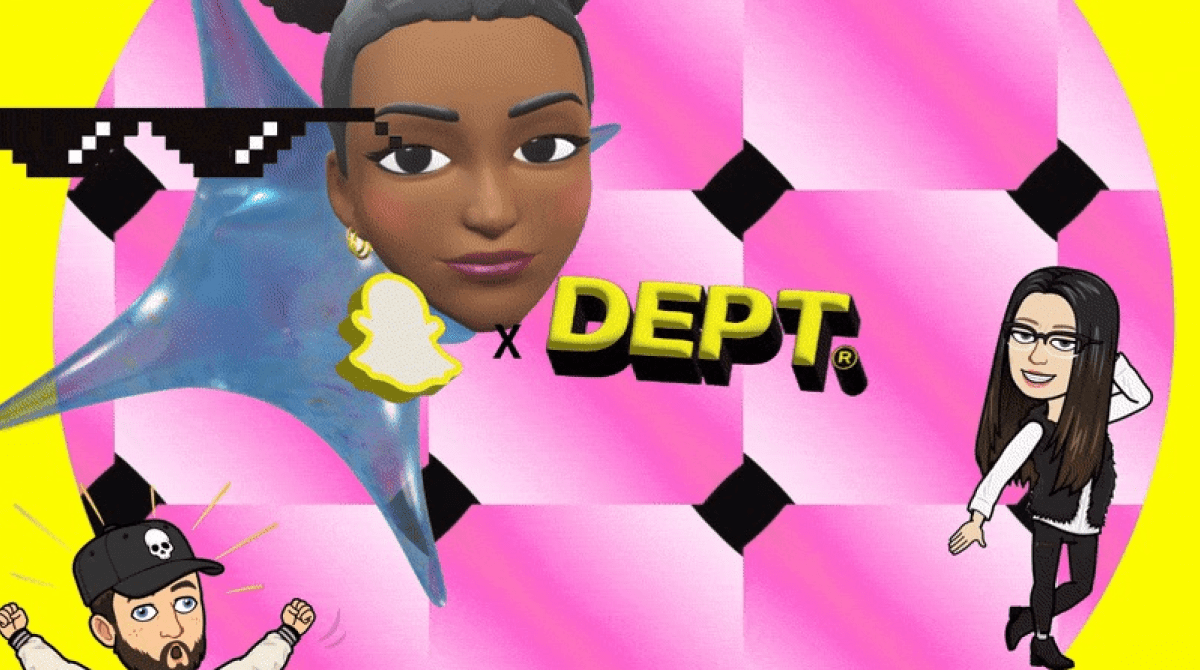The challenges faced by content editors

Finding solutions to various everyday challenges can be a cause of much frustration for content editors. Of course some troubleshooting is to be expected (and the ability to handle that is a necessary skill for any editor) but many of these challenges can be minimised just by identifying them and putting in place measures to help fix them.
The business case for doing this is simple: by making the best use of your expert resources and ensuring the smooth running of your content teams, information can be brought to an audience faster and begin selling your products and building relationships with your customers all the more quickly.
Acknowledging and addressing these challenges will also go a long way towards keeping your editorial, sales and marketing staff happy!
Below we have identified some of the challenges that we see regularly see faced by Content Editors. We have split them into Human and Technical issues, but this serves mainly to highlight the overlap between these two areas and how they impact on each other, as they are closely linked.
Human
1. Lack of good training & technical understanding
Content editors need to be well-trained in whatever systems they are expected to use and whatever tasks they are expected to carry out. Are your content editors fully trained and confident? Ask them. You may be surprised by the conversation this opens up!
Good training means editors know how to action a particular task immediately. The more tasks that editors can action without assistance, the greater the speed and confidence with which they can work.
Some technical understanding is also important for content editors to grasp the broader picture of your digital properties. A little technical knowledge will also help editors to relate to the development team and make any updates developers are making to the site more understandable.
2. Bad requests, lack of information, incorrect content, mis-assigned issues
These issues can really be summed up as Poor Communication.
Bad Requests are usually made by staff who aren’t aware of:
- The limitations of the system.
- How long edits can be expected to take.
- Necessary information to make an edit possible.
Such changes can also be mis-assigned – a technical problem needing specialist coding skills given to an content editor for instance.
ssues like these can lead to tension between content editors and other teams and also slow down progress while the correct information is obtained or the reasons why something can’t be done are explained. However, this is easy to avoid by:
- Ensuring that everyone knows what can’t be done.
- Who actions items.
- What content and additional information they have to provide.
Some communication issues are inevitable in organisations, but problems can be heavily minimised by ensuring that staff are well-informed.
3. Request volume and prioritisation
The volume of updates and how to prioritise them is one of the most persistent challenges for content editors.
Many regular updates are needed, everyone wants their update or new item to be done first and editors have only limited time.
- Staff requesting updates need to have some awareness of the volume editors are dealing with.
- Ideally there should be a clear system of prioritisation.
Editors must balance various updates at different stages of completion, major edits, minor edits, new blog posts and the last-minute but critical changes that sometimes arise – all the while keeping their task list moving to meet deadlines.
Consider having 1-2 hours each day earmarked for editors to deploy completed content changes to the live environment. (This keeps things moving and prevents time being eaten up by critical or time-consuming edits).
Technical
1.Time-intensive processes, slow systems, publishing/cacheing issues
These are more problems that may seem obvious but are worth remembering because they:
- Turn simple tasks into long, frustrating projects.
- Cause editors to spend lots of time troubleshooting.
- Create a lack of confidence in the system.
For example, if an editor needs to replace a PDF on the website then this should be a straightforward update but these difficulties can turn it into a long and pernicious process. Your systems should be configured to allow as few opportunities for mistakes as possible.
Wherever you can, streamline processes and ensure that systems have the support of appropriate technical equipment and staff. This will help to:
- Make edits faster and smoother.
- Keep editors happy.
- Avoid the confusion poorly organised content creates.
2. Complex user interface, complex/awkward implementations
If your CMS has a complicated interface or is implemented in an awkward way then this will mean:
- Slowing content editors and the flow of content down and have a negative impact on quality.
- Editors will need more training and more technical knowledge.
All systems have some quirks or difficulties but the more these can be minimised the more editors’ frustrations can be minimised and the better and more efficient their work will be.
All systems have some quirks or difficulties but the more these can be minimised the more editors’ frustrations can be minimised and the better and more efficient their work will be.
Of course, any CMS also needs to be powerful enough to meet your needs and a balance may well have to be struck between complexity and ease-of-use. Thus regular housekeeping and diligence are needed in any CMS to ensure that things are kept well organised.
Conclusion
The above is not exhaustive and there are many other challenges that content editors have to manage. However, in this brief assessment we have sought to highlight those problems that make simple tasks unnecessarily complicated and which actively promote tensions between editors and other staff.
Luckily the majority of these challenges can be easily dealt with if you are willing to be proactive. If there are concerns about budget and time-frames then think about the potential value of better organised and higher quality content in the long-term and consider this alongside the probable costs of:
- Better training and guidelines.
- Bringing in expertise.
- A CMS switch or redesign.
Ask questions of your editors on a regular basis, especially questions about what could be done to make content and the editing process better. Editors need to be proactive too and should not be afraid to bring any difficulties they are having up for discussion. Try to create opportunities for content editors, technical and marketing staff to swap ideas and concerns.
Ask questions of your editors on a regular basis, especially questions about what could be done to make content and the editing process better. Editors need to be proactive too and should not be afraid to bring any difficulties they are having up for discussion. Try to create opportunities for content editors, technical and marketing staff to swap ideas and concerns.
More Insights?
View all InsightsQuestions?
Managing Director UK



